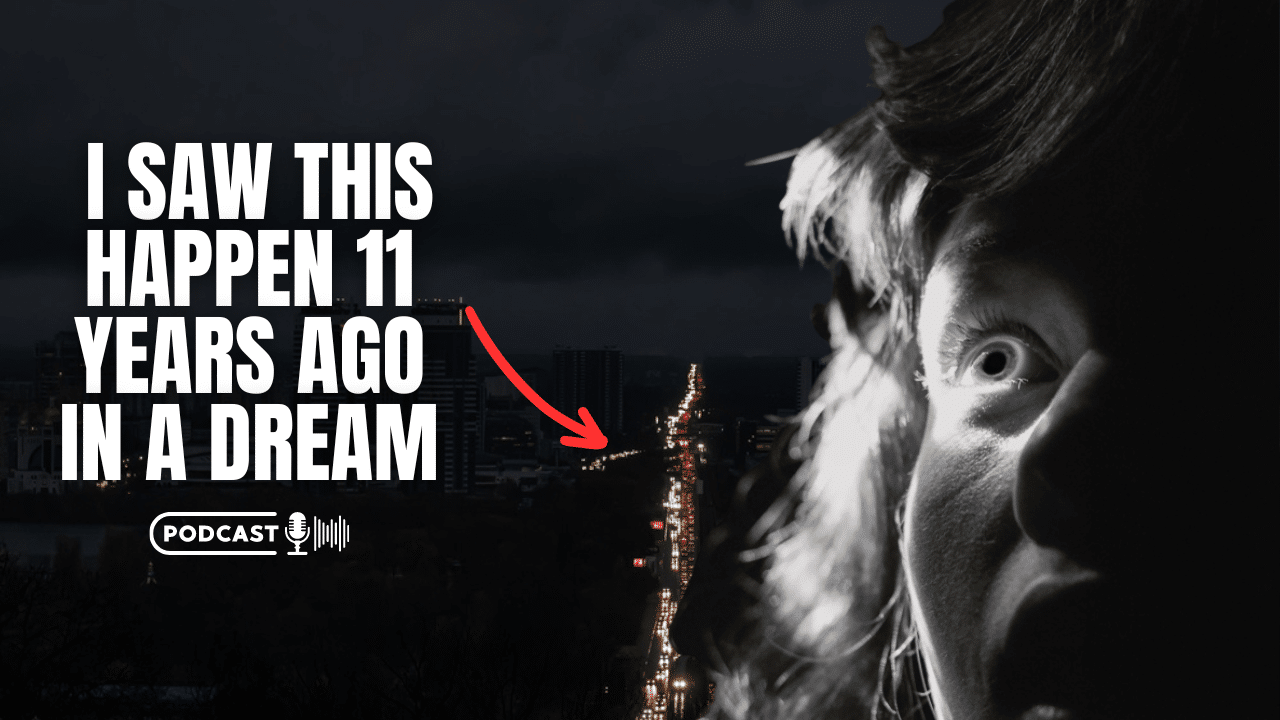Haiti’s most notorious gang leader has vowed to oust the country’s prime minister as a spike in gang violence has plunged the Caribbean nation into chaos.
A state of emergency was declared after thousands of “dangerous” inmates escaped Haiti’s two largest prisons over the weekend when gangs launched a series of coordinated attacks that have left at least a dozen dead.
The heavily armed groups are being led by Haiti’s most powerful gang boss, Jimmy Cherizier. Cherizier, who’s known by the nickname “Barbecue”, is a former officer in the Haitian National Police (HNP).
He previously worked for the Unit for the Maintenance of Order, who are deployed during unrest or protests. But he was fired from the police force in 2018 after allegedly orchestrating the massacre of dozens of people in the La Saline neighborhood, according to the United Nations. The four-day bloodbath saw 71 people killed, 400 homes burned down and at least seven women were raped.
The fearsome gang leader has faced sanctions from both the United Nations Security Council and the US Treasury Department. Chérizier was born in Port-au-Prince’s Delmas next to the slums of La Saline and is one of eight children.
His father died when he was five and the gang boss claims he got his “Barbecue” nickname because his mother was a street vendor who sold fried chicken. But it’s alleged the moniker actually comes from the massacres he’s been accused of masterminding, which left people burned alive.
Since 2020 he’s been running a powerful group of Haitian gangs known as the G9, who are believed to be more heavily armed than Haiti’s police force. The group initially consisted of nine gangs from Cite Soleil, La Saline and lower Delmas but has since reportedly expanded to include more than a dozen.
Chérizier has dubbed them a “revolutionary force”, who seek to overthrow wealthy officials and fight for improved rights for people living in poverty. But Chérizier has been accused of leading them on bloody massacres.
In 2020, the US Treasury Department accused him of “planning and participating” in the 2018 La Saline attack, which they said saw gang members removing “victims, including children, from their homes to be executed and then dragged them into the streets where their bodies were burned, dismembered and fed to animals”.
The department said Chérizier also led “coordinated, brutal attacks” in Port-au-Prince throughout 2018 and 2019 and that in 2020 he planned a five-day attack in multiple Port-au-Prince neighbourhoods in which homes were set on fire and multiple civilians were killed.

















